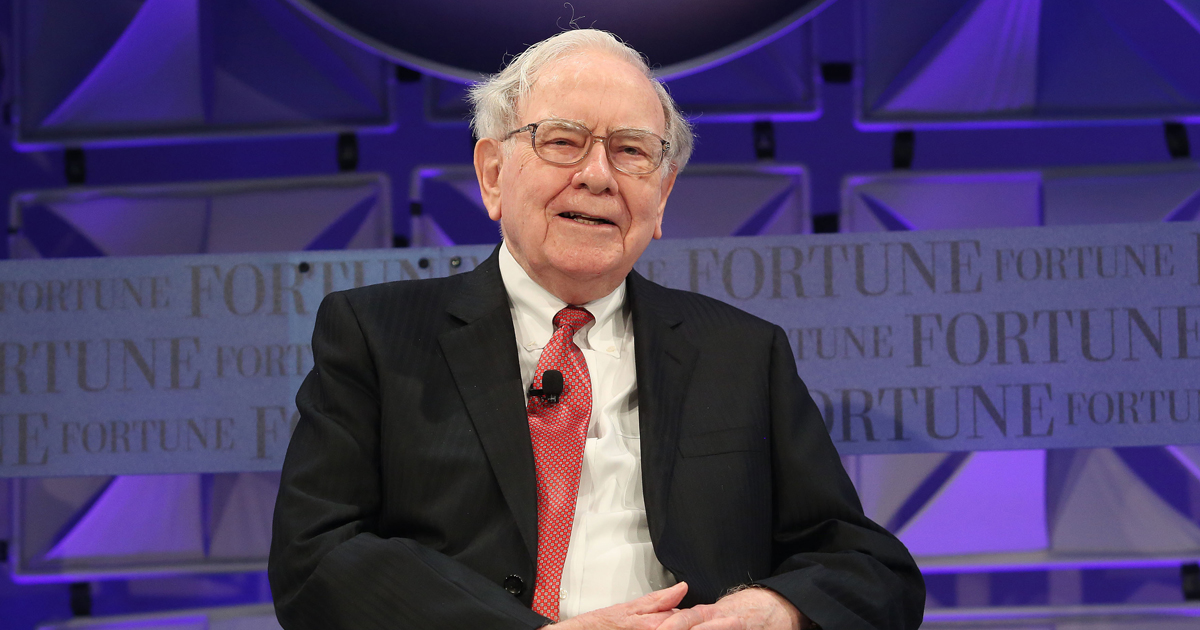Breaking Down the 4 Pillars of Self-Efficacy: Part II

While women’s entrepreneurship is on the rise, a major success gap remains in the perceptions of new entrepreneurs: only 46% of women believe they have the skills and knowledge needed to start a business, compared to 61% of men.
This belief as to whether an individual has the abilities perceived as central to their success is known as self-efficacy. And, self-efficacy plays a major part in determining our chances for success; in fact, some psychologists rate self-efficacy above talent in the recipe for success. Babson College’s Women Innovating Now (WIN) Lab® breaks down four pillars of self-efficacy in a four-part series. Don’t miss parts I, III, or IV to explore more about building entrepreneurial women leaders.
Part II: Verbal Persuasion
Women entrepreneurs expend way too much of their time squandering essential cognitive capacity that they could be using to grow their businesses—focusing on the negative anxiety and imposter syndrome that follow many women founders. To combat that negativity, a community of support can help a growing entrepreneur not only by demonstrating vicarious experiences, which allow an individual to compare her strengths to those of other successful women, but also by providing the second pillar of self-efficacy: verbal persuasion.
“I had the support system of extremely accomplished women believing in me and my vision. They continued to encourage me to move forward with what I was doing and saw that I could be successful. Without them, I don’t think that I would be standing in front of you today as a business owner.”
Half of all women report feelings of self-doubt about their performance and careers, compared to less than one-third of their male counterparts. Additionally, when women are reminded of gender stereotypes in the midst of stressful situations, their performance notably suffers. Verbal persuasion can help to combat this stereotype threat. When people are reminded of their capabilities to succeed, their performance is strengthened—like an athlete who is shown footage of successful plays in a recent game, even after suffering a loss. Focusing on past success is a persuasive motivator for success in the future. Through verbal persuasion, influential people such as mentors, coaches, and experts can strengthen a woman’s belief that she has what it takes to succeed, and can build self-efficacy.
These types of champions can be particularly important when starting a company and navigating unfamiliar waters. Especially when pivoting and failure can be such an important part of getting the company, and its offerings, right. Which is why finding your own champions, or joining organizations that help you find them, can be pivotal to success.
At the WIN Lab, Babson’s accelerator program designed specifically for women entrepreneurs, participants are surrounded with coaches and experts who are there to support them in both their successes and their challenges. Whether during one-on-one coaching sessions or pitch presentations, expert judges listen and provide feedback, guidance, and support. This kind of targeted, verbal persuasion reinforces for women entrepreneurs that they are capable, their ideas are valuable, and their goals are achievable.
Posted in Insights





